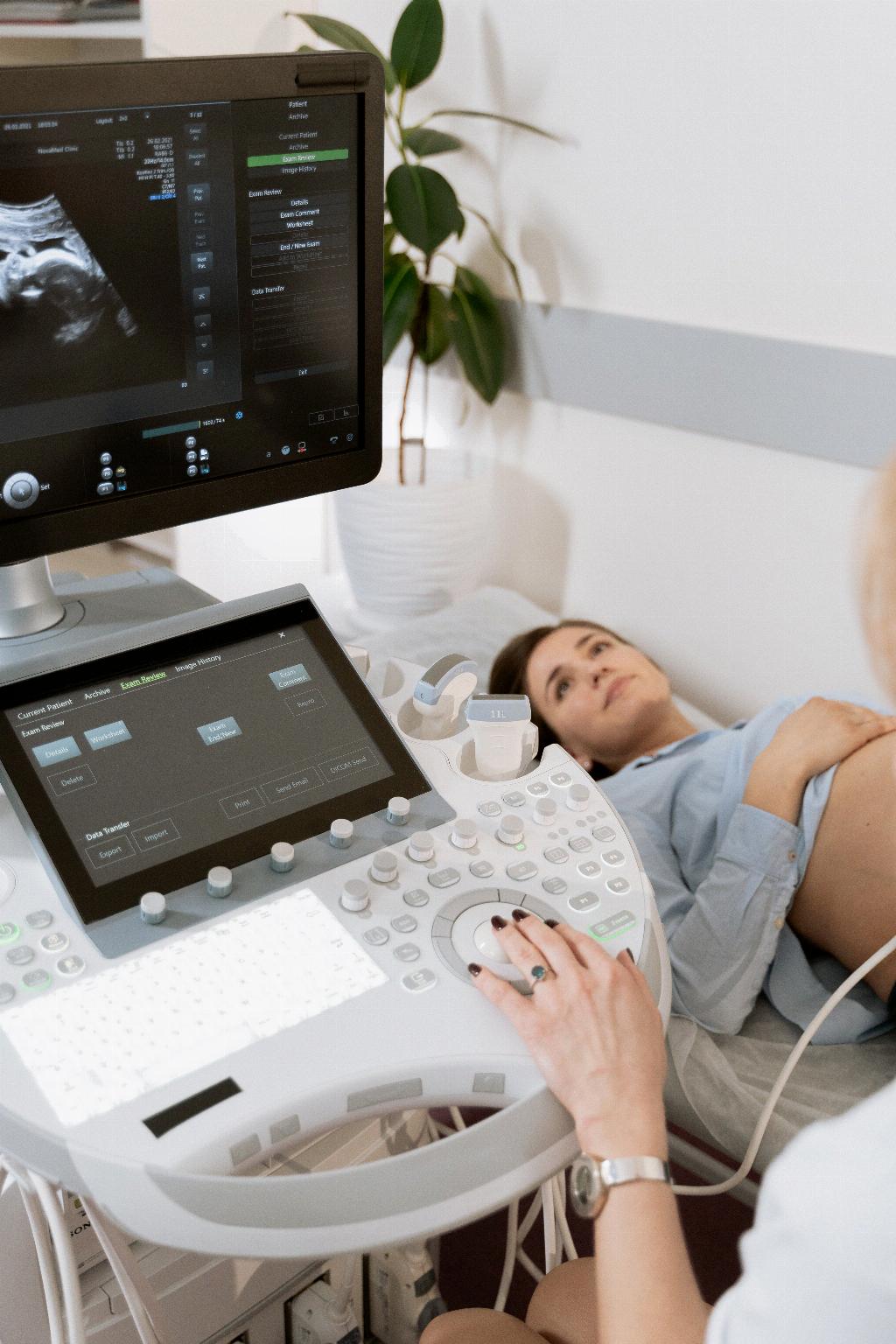When considering the question of whether a 44-year-old can have a healthy pregnancy, it’s important to acknowledge that there are certain risks associated with pregnancy at an older age. Statistically, the risks of pregnancy complications increase as a woman gets older, particularly after the age of 35. However, it’s essential to remember that many women in their 40s go on to have successful and healthy pregnancies.
While age can be a factor in pregnancy complications, it is not the sole determinant of a woman’s ability to have a healthy pregnancy. Factors such as overall health, lifestyle choices, and genetics also play significant roles in determining pregnancy outcomes. Maintaining a healthy lifestyle, including regular exercise, a balanced diet, and avoiding harmful substances, can help support a healthy pregnancy, regardless of age.
One of the potential risks associated with pregnancy at an older age is related to the development of the placenta. As a woman gets older, the placenta may not function as effectively, which can impact the flow of nutrients and oxygen to the baby. This is why close monitoring and regular prenatal care are crucial for women in their 40s who are pregnant or planning to conceive.
It’s important for women in their 40s to have open and honest discussions with their healthcare providers about their pregnancy plans. By working closely with a healthcare team, women can address any potential risks or concerns early on and develop a plan to optimize their health before and during pregnancy.
Advanced maternal age, typically defined as being 35 or older at the time of delivery, is associated with a higher risk of certain pregnancy complications, such as gestational diabetes, high blood pressure, and chromosomal abnormalities in the baby. However, these risks can be managed with proper medical care and monitoring throughout the pregnancy.
Women in their 40s who are considering pregnancy should also be aware of the increased risk of miscarriage associated with advanced maternal age. While the risk of miscarriage does rise with age, many women in their 40s go on to have successful pregnancies and healthy babies. It’s essential to stay positive and hopeful while being realistic about the potential challenges.
Another important consideration for women in their 40s who are planning to conceive is fertility. Fertility declines with age, and women in their 40s may have a harder time getting pregnant than younger women. It’s recommended to speak with a fertility specialist if there are concerns about fertility or if assistance may be needed to conceive.
Despite the potential risks and challenges, it is absolutely possible for a 44-year-old woman to have a healthy pregnancy. With proper medical care, support, and a proactive approach to health and wellness, many women in their 40s go on to experience successful pregnancies and the joy of welcoming a new baby into their lives.
Every pregnancy is unique, and age should not be a barrier to experiencing the profound joys of parenthood. By staying informed, seeking regular prenatal care, and taking steps to optimize overall health before and during pregnancy, women in their 40s can increase their chances of having a healthy pregnancy and a positive outcome for both themselves and their baby.
In conclusion, while there are risks associated with pregnancy at an older age, including at 44, it is entirely possible for women in their 40s to have healthy pregnancies. By being proactive about prenatal care, maintaining a healthy lifestyle, and working closely with healthcare providers, women can increase their chances of having a positive pregnancy experience and welcoming a healthy baby into the world.

